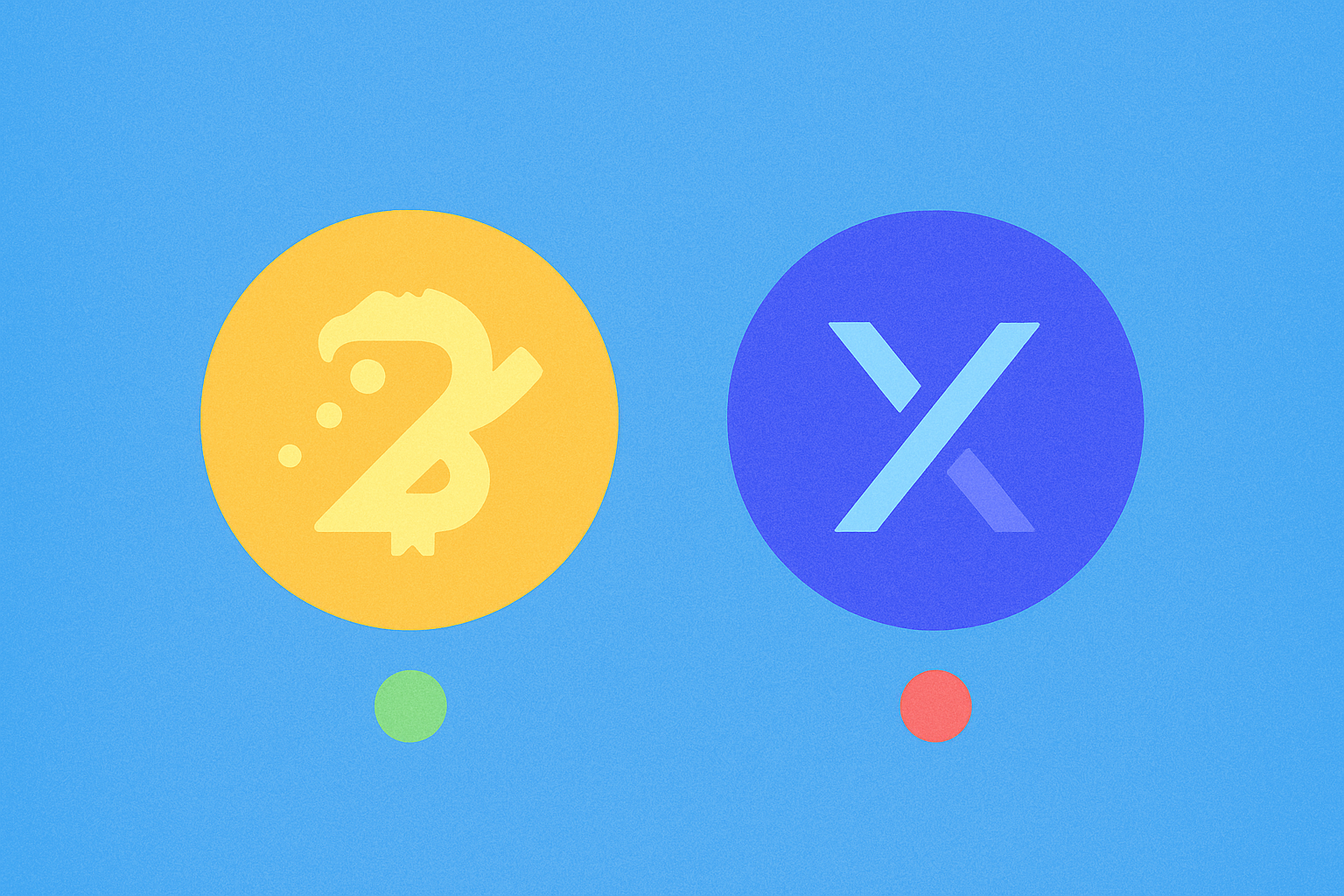ゼロ知識証明が暗号資産のプライバシーを変える方法:ZK-Rollupsからプライベートトランザクションへ

zk-SNARKsの理解
ゼロ知識証明(ZKP)は、暗号資産法の一種であり、一方(証明者)がもう一方(検証者)にその文が真実であることを証明することができるようにする暗号法の一つです。たとえば、あなたが正確な年齢を明かさずに、バーで法的飲酒年齢であることを証明することを想像してください。ゼロ知識証明は、証明者が情報そのものを明かさずに、ある情報を知っていることを証明することを可能にすることでこれを達成します。このアプローチにより、プライバシーとセキュリティが確保され、透明性と機密性のバランスが必要なブロックチェーンアプリケーションに適しています。
ZK-Rollups: スケーラビリティとプライバシーの向上
暗号資産の分野では、ゼロ知識証明(ZKP)の最も重要なアプリケーションの1つがZK-Rollupsです。ZK-Rollupsは、トランザクションデータをオンチェーンに保存しながら、計算と状態をオフチェーンに移動することで、ブロックチェーンのスケーラビリティを強化するように設計された第2層のスケーリングソリューションです。このアプローチは、より高いトランザクションスループットと低コストを達成し、イーサリアムのような従来の第1層ブロックチェーンのスケーラビリティの限界に対処することができます。
ZK-Rollupsの動作原理
ZK-Rollupsは複数の取引を1つのバッチにまとめ、これらの取引をオフチェーンで実行します。個々の取引をメインブロックチェーンに個別に公開するのとは異なり、ZK-Rollupsは変更の概要と暗号的証明(ZKP)を提出してこれらの変更の正確性を検証します。この証明により、メインブロックチェーンが各取引を再実行する必要なく、状態の更新が有効であることが保証され、計算リソースを節約しコストを削減します。
ZK-Rollupsの利点
強化されたプライバシーゼロ知識証明を使用することで、ZK-Rollupsはブロックチェーンの整合性を確保しながら取引の詳細のプライバシーを保持することができます。
改善されたスケーラビリティ: ZK-Rollupsは数千件の取引を一括処理でき、スループットを大幅に向上させ、取引手数料を削減します。
セキュリティ: ZK-Rollupsは、基盤となるLayer 1ブロックチェーンのセキュリティを継承し、オフチェーンの計算がチェーン上で検証されることを保証します。
zk-SNARKを使用したプライベートトランザクション
スケーラビリティソリューションに加えて、ゼロ知識証明は公共のブロックチェーン上でのプライベートトランザクションの革新も行っています。従来のブロックチェーントランザクションは、送信者、受信者、取引金額などの詳細を公開してしまうため、プライバシーに配慮したアプリケーションにとって問題が発生する可能性があります。ゼロ知識証明を使用すると、ユーザーはウォレットの残高や他の機密情報を公開することなく、取引を送信するのに十分な資金を持っていることを証明でき、その結果、プライベートトランザクションを実現することができます。
現実世界の応用
プライベートトランザクションZKPsは、ユーザーが違法な活動に関与していないことを検証しながら取引の詳細のプライバシーを保護することができます。
プライベート取引と決済ZKPsは、デジタル資産の交換中に取引のプライバシーと参加者のプライバシーが保護されることを確認し、中央集権化および非中央集権化取引の両方にとって重要です。
規制順守: ZKPs can simplify Anti-Money Laundering (AML) and Know Your Customer (KYC) compliance by allowing enterprises to prove they have followed regulations without sharing sensitive customer data.
将来の発展と課題
zk-SNARKsとZK-Rollupsが注目を集め続ける中、いくつかの将来の展開と注目すべき課題があります:
量子耐性量子コンピューティング技術の進歩に伴い、ゼロ知識証明は量子コンピューティング攻撃に対抗し、長期的なセキュリティを確保するために開発されています。
相互運用性: ZKPs can achieve secure cross-chain transactions, enhancing interoperability between different blockchain networks.
採用と利用可能性ゼロ知識証明技術がより効率的で使いやすくなるにつれ、分散型金融(DeFi)やサプライチェーン分野での広範な採用が期待されています。
結論
ゼロ知識証明(ZKP)は、プライバシーと拡張性に関連する重要な課題に対処することで、暗号資産の分野を変革しています。ZK-Rollupsを介して、ブロックチェーンネットワークは、プライバシーとセキュリティを維持しながら、より高いスループットと低コストを実現することができます。ZKPの持続的な開発により、様々な産業を横断してプライベートトランザクション、安全なデータ共有、規制の遵守を可能にすると期待されています。ブロックチェーン技術の将来は、ZKPの統合によって、より安全でプライベート、効率的なエコシステムが提供されることで影響を受ける可能性があります。
“

2025 Worthwhile Zero-Knowledge Projects to Watch: 拡張可能でプライベートなブロックチェーンの未来

zk-SNARKsとは何ですか?Web3プライバシーを推進する暗号化技術の理解

ニリオン:ブラインドコンピュテーションによるWeb3データプライバシーのジレンマの解決
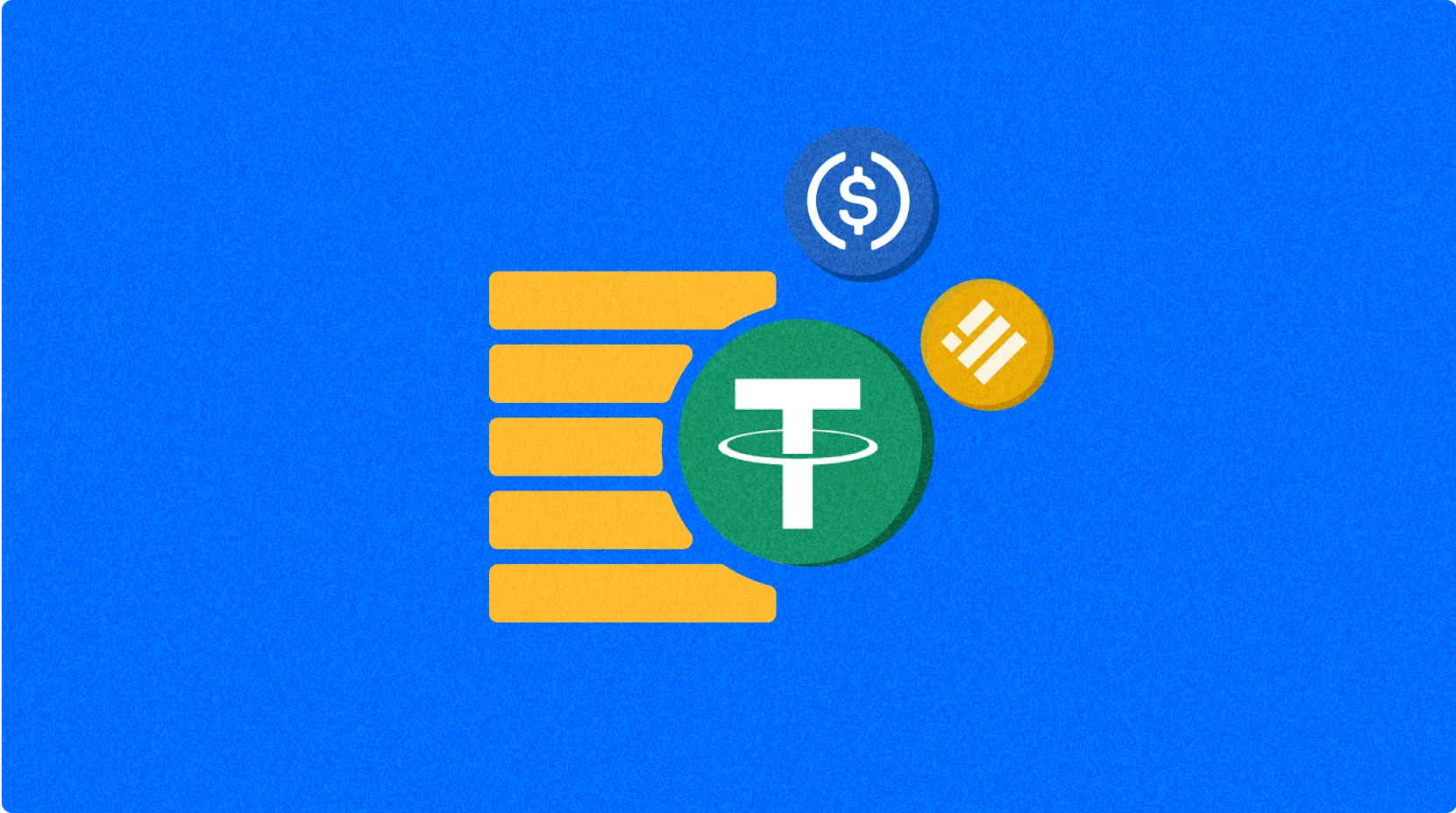
ヒューマニティプロトコル:2025年におけるWeb3アイデンティティ検証の革命

ベドロックディープダイブ:ホワイトペーパー、技術革新と未来のロードマップの包括的分析

ヒューマニティプロトコル:2025年におけるパーム静脈スキャンによるデジタルアイデンティティの革新

ヘリウム(HNT)は投資対象として魅力があるのか? 2024年のリスク、リターン、市場動向を徹底的に分析

Sandbox(SAND)は投資対象として魅力的か?――メタバースゲーム分野における市場パフォーマンス、リスク要因、そして将来性を徹底分析
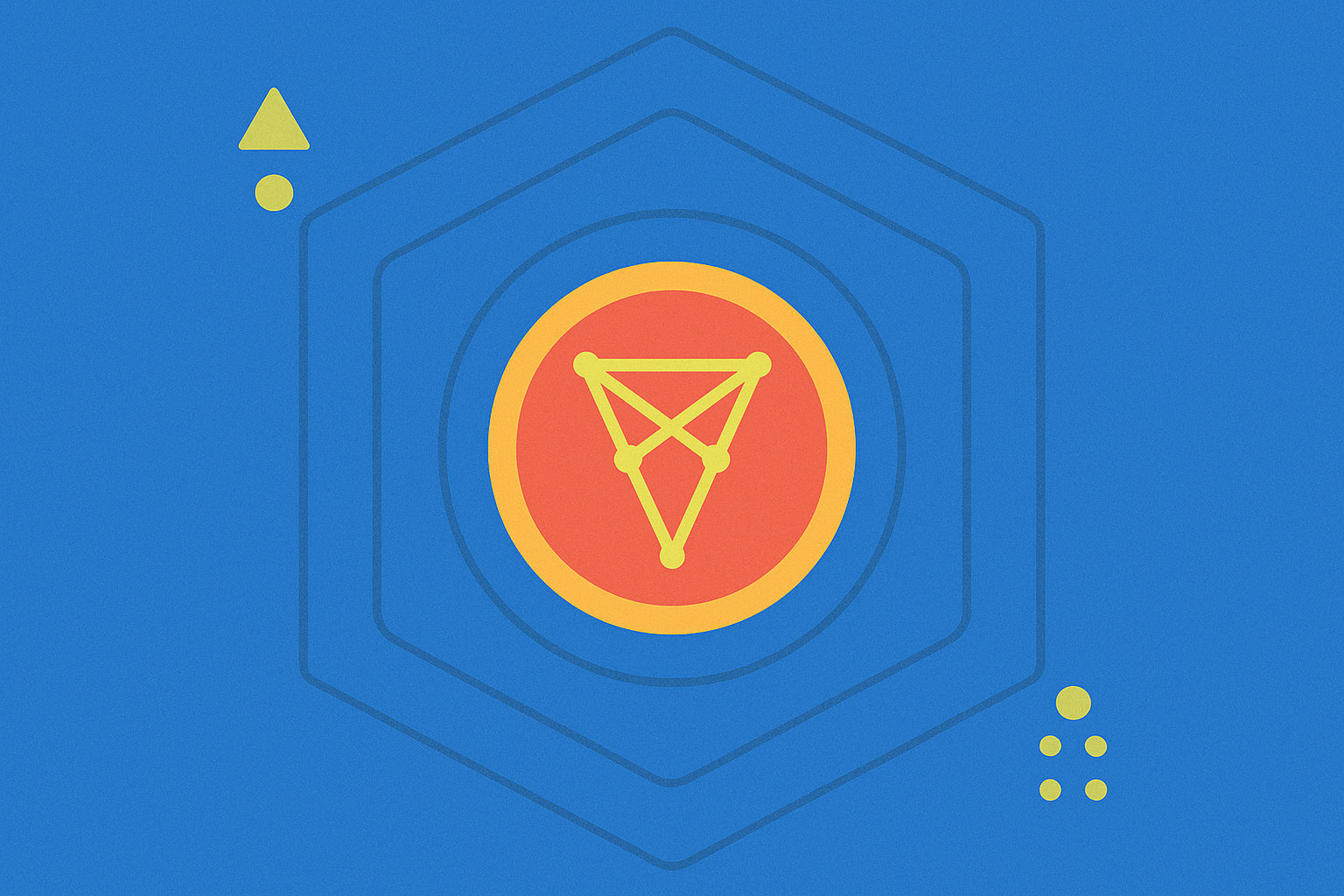
Chiliz(CHZ)は投資に適しているか?:2024年の価格動向、市場トレンド、リスク要因を徹底分析
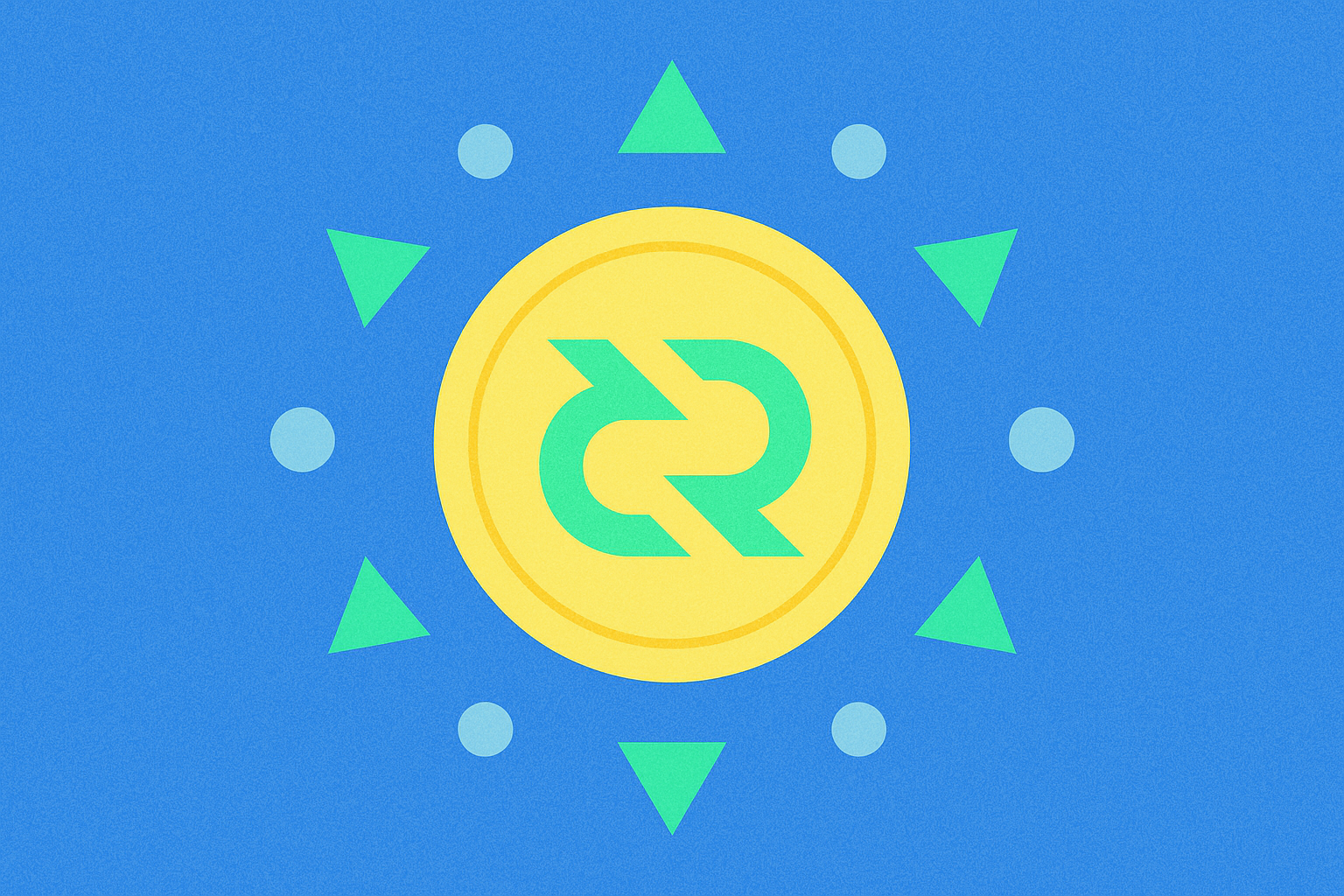
Decred(DCR)は投資対象として適切か?:2024年における価格の成長可能性、ガバナンスの特徴、市場の見通しを徹底分析
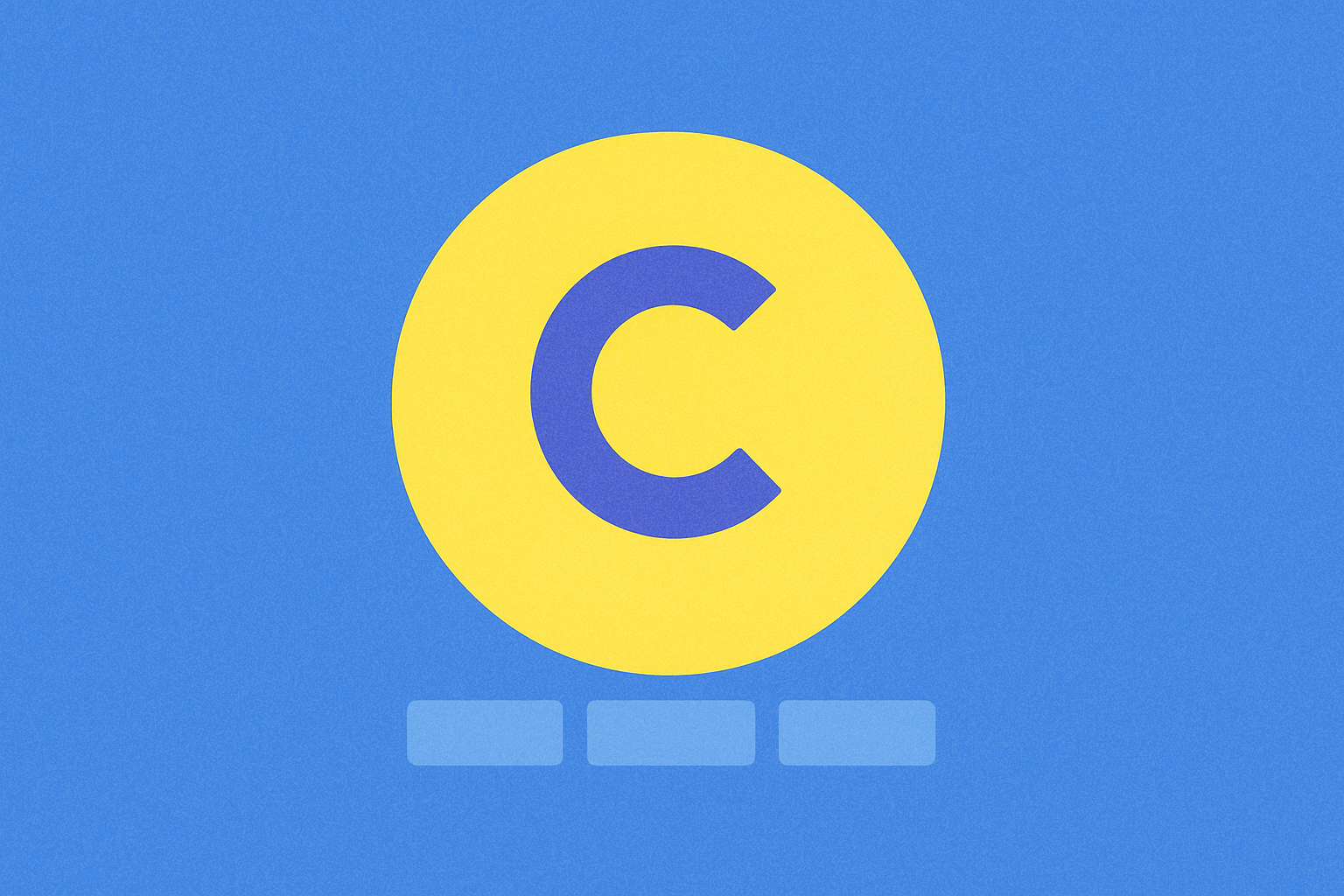
crvUSD(CRVUSD)は投資対象として適切か?:2024年におけるリスク、利点、市場展望を網羅的に分析
